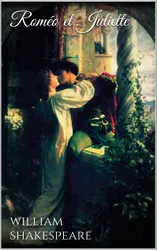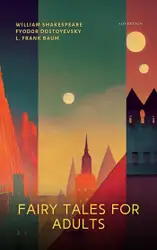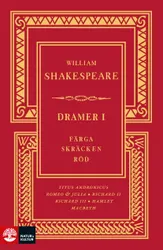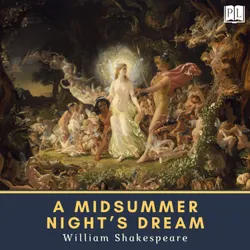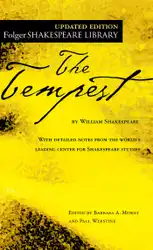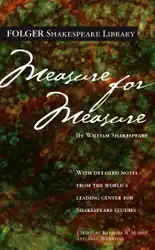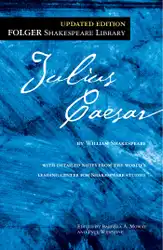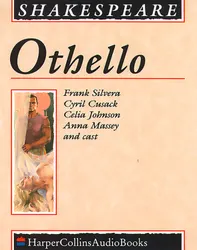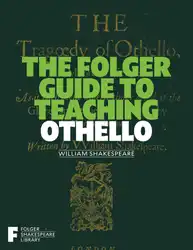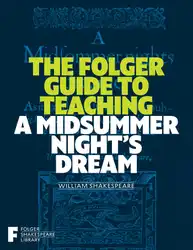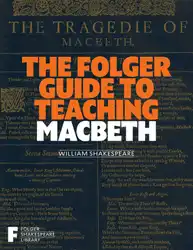Titus Andronicus is the earliest tragedy and the earliest Roman play attributed to Shakespeare. Titus, a model Roman, has led twenty-one of his twenty-five sons to death in Rome’s wars; he stabs another son to death for what he views as disloyalty to Rome. Yet Rome has become “a wilderness of tigers.” After a death sentence is imposed on two of his three remaining sons, and his daughter is raped and mutilated, Titus turns his loyalty toward his family.
Aaron the Moor, a magnificent villain and the empress’s secret lover, makes a similar transition. After the empress bears him a child, Aaron devotes himself to preserving the baby. Retaining his thirst for evil, he shows great tenderness to his little family—a tenderness that also characterizes Titus before the terrifying conclusion.
The authoritative edition of Titus Andronicus from The Folger Shakespeare Library, the trusted and widely used Shakespeare series for students and general readers, includes:
-The exact text of the printed book for easy cross-reference
-Hundreds of hypertext links for instant navigation
-Freshly edited text based on the best early printed version of the play
-Full explanatory notes conveniently linked to the text of the play
-Scene-by-scene plot summaries
-A key to the play’s famous lines and phrases
-An introduction to reading Shakespeare’s language
-An essay by a leading Shakespeare scholar providing a modern perspective on the play
-Fresh images from the Folger Shakespeare Library’s vast holdings of rare books
-An annotated guide to further reading
Essay by Alexander Leggatt
The Folger Shakespeare Library in Washington, DC, is home to the world’s largest collection of Shakespeare’s printed works, and a magnet for Shakespeare scholars from around the globe. In addition to exhibitions open to the public throughout the year, the Folger offers a full calendar of performances and programs. For more information, visit Folger.edu.



